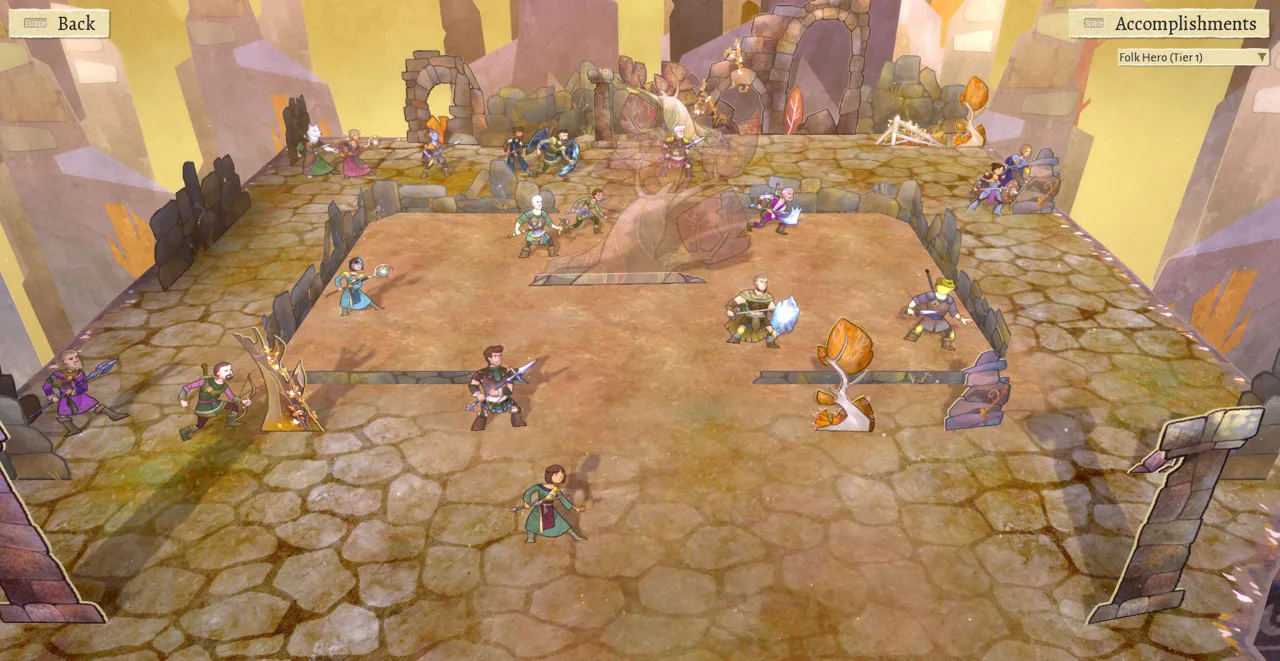
Wildermyth Review: A Unique RPG Adventure with Quirks
Contents
Wildermyth is a procedurally generated RPG developed and published by Worldwalker Games. Initially launched in early access in 2019, it officially released on PC on June 15, 2021. This review explores what makes Wildermyth a compelling experience while acknowledging its shortcomings.
A Refreshing Take on Tactical RPGs
 While Wildermyth’s indie roots prevent it from competing visually with AAA giants like the XCOM series, its gameplay offers surprising depth and captivating tactical combat. You’ll assemble a party of diverse characters, including archers, warriors, and mages, each with unique abilities. Combat unfolds in turn-based fashion, with movement limited by action points. Positioning is crucial, as characters gain defensive bonuses when adjacent. Combat is spiced up with a card system that dictates actions, from basic attacks to special skills.
While Wildermyth’s indie roots prevent it from competing visually with AAA giants like the XCOM series, its gameplay offers surprising depth and captivating tactical combat. You’ll assemble a party of diverse characters, including archers, warriors, and mages, each with unique abilities. Combat unfolds in turn-based fashion, with movement limited by action points. Positioning is crucial, as characters gain defensive bonuses when adjacent. Combat is spiced up with a card system that dictates actions, from basic attacks to special skills.
A unique mechanic introduces player choice during near-death experiences. You can gamble on a final, potentially fatal blow or retreat with lasting consequences, like stat reductions, scars, or even lost limbs. These choices meaningfully impact the unfolding narrative.
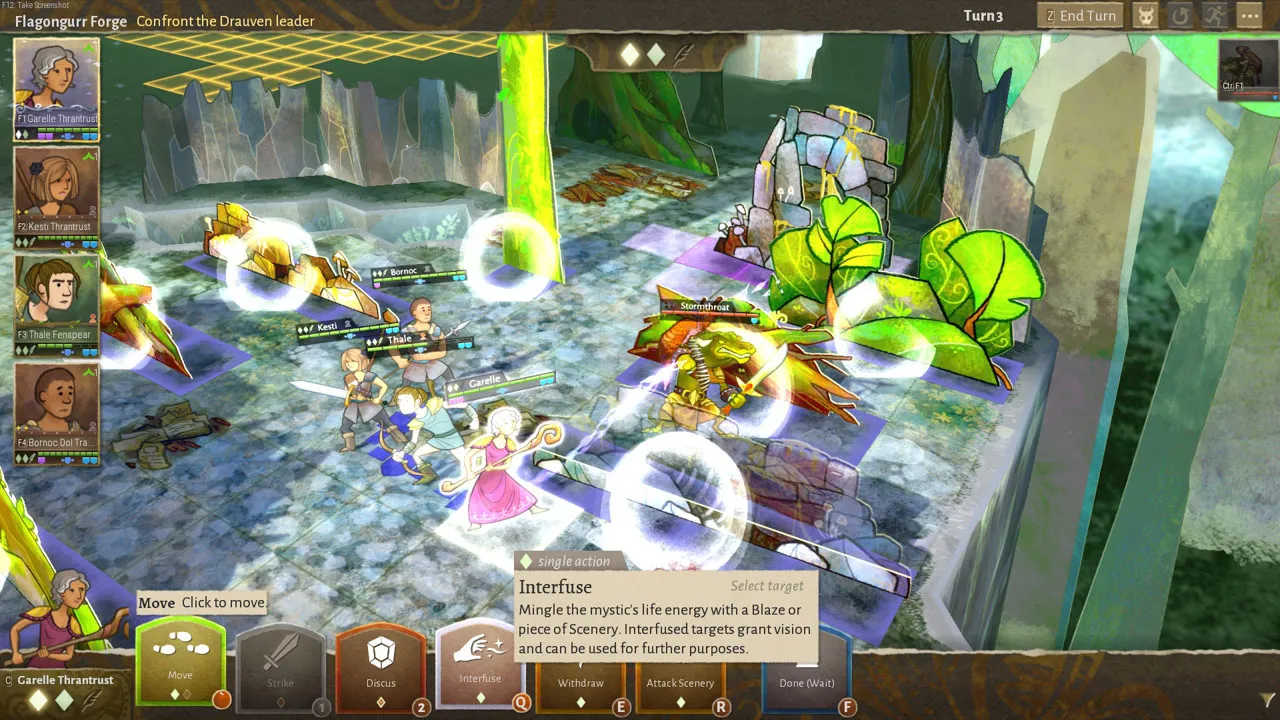 Occasionally, you’ll encounter small creatures on the battlefield. Capturing them grants bonuses like stat boosts or Legacy Points, used for off-map upgrades like crafting weapons and armor or recruiting new heroes. Enemies employ clever tactics, utilizing the environment and forcing players to strategize carefully. Dynamic events further enhance the challenge, requiring quick thinking and adaptability. Thankfully, multiple difficulty settings cater to both newcomers and seasoned veterans.
Occasionally, you’ll encounter small creatures on the battlefield. Capturing them grants bonuses like stat boosts or Legacy Points, used for off-map upgrades like crafting weapons and armor or recruiting new heroes. Enemies employ clever tactics, utilizing the environment and forcing players to strategize carefully. Dynamic events further enhance the challenge, requiring quick thinking and adaptability. Thankfully, multiple difficulty settings cater to both newcomers and seasoned veterans.
Leveling up grants access to new active and passive skills, adding another layer of strategic depth. Because choices are limited, careful consideration is key.
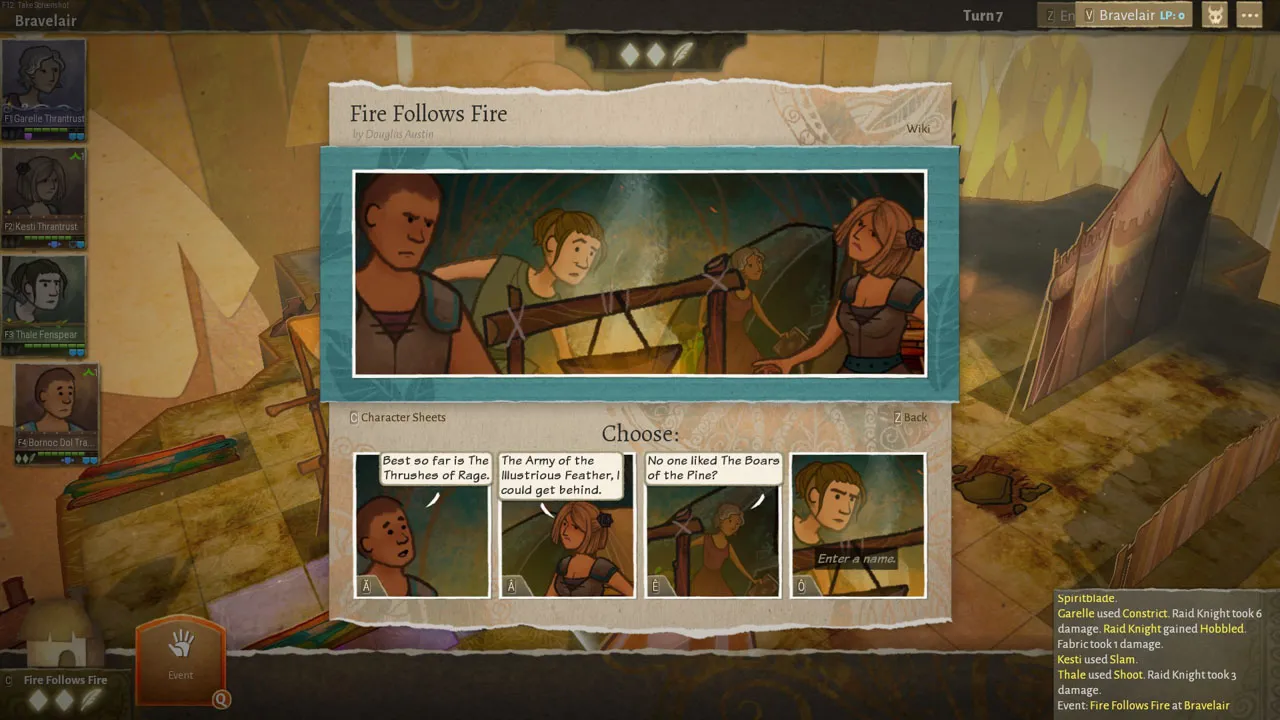
A Dynamic Narrative Experience
Wildermyth’s most compelling feature is its procedural generation system. Similar to roguelikes like Hades and Returnal, Wildermyth doesn’t just randomize levels, it generates unique narratives, events, and choices with tangible consequences, unlike the illusion of choice found in games like Telltale’s The Walking Dead.
This system is deeply intertwined with a “countdown” timer, representing the characters’ lifespans. They age, form relationships, suffer injuries, and face curses. Subsequent playthroughs can feature descendants of previous heroes, inheriting their legacies. This creates a remarkably replayable experience, reminiscent of Fable 2. Hopefully, more games, especially AAA titles, will adopt similar approaches.
Technical and Design Shortcomings
 Despite its engaging gameplay and narrative, Wildermyth suffers from technical issues. Performance is surprisingly poor, with frame rate drops and stuttering, especially during combat and map navigation. This is likely attributed to the game’s use of the older Java platform.
Despite its engaging gameplay and narrative, Wildermyth suffers from technical issues. Performance is surprisingly poor, with frame rate drops and stuttering, especially during combat and map navigation. This is likely attributed to the game’s use of the older Java platform.
The art style, while charming, doesn’t fully capitalize on the potential of 2D indie games. Similarly, the audio is lacking, with recurring bugs, repetitive music, and minimal combat sound effects. While budget constraints are understandable, the lack of significant improvements since launch is disappointing.
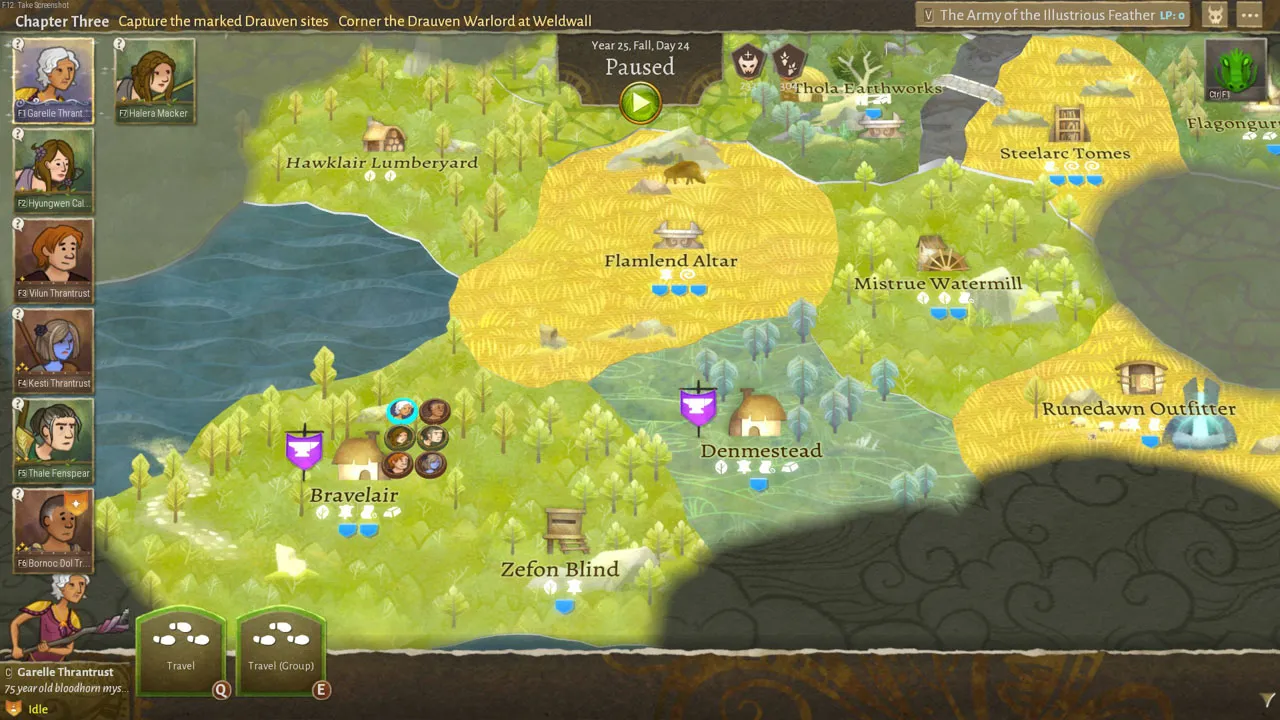 While the narrative is generally strong, the procedural generation can lead to repetitive events, diminishing the surprise over time. Furthermore, the overworld activities are limited, offering little beyond basic base building and resource gathering.
While the narrative is generally strong, the procedural generation can lead to repetitive events, diminishing the surprise over time. Furthermore, the overworld activities are limited, offering little beyond basic base building and resource gathering.
Conclusion
Wildermyth offers a truly unique RPG experience with its dynamic narrative and engaging tactical combat. However, technical issues and repetitive elements hold it back from its full potential. Despite these flaws, Wildermyth provides a compelling and refreshing take on the genre, well worth exploring for fans of tactical RPGs and procedurally generated content.
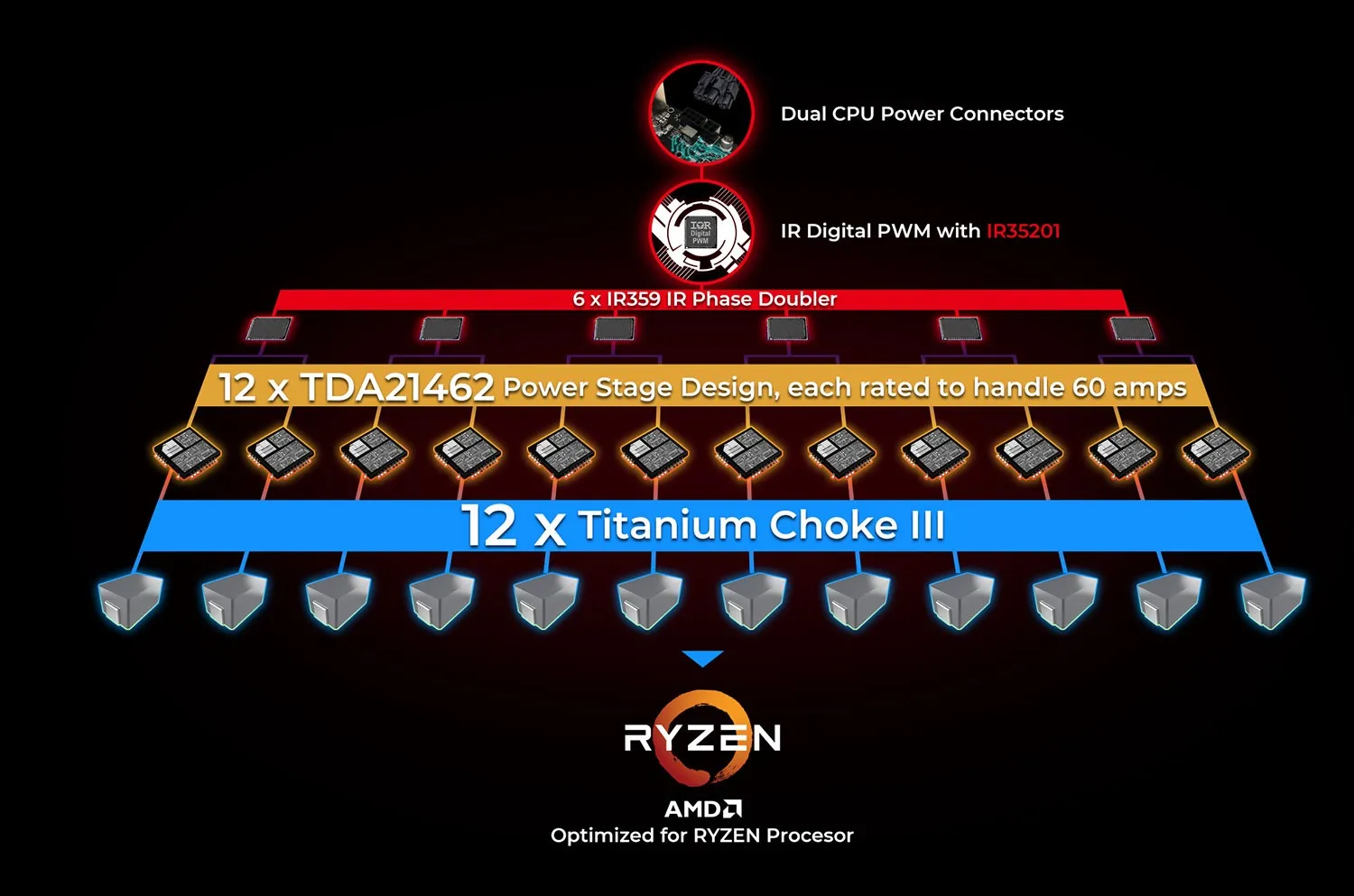


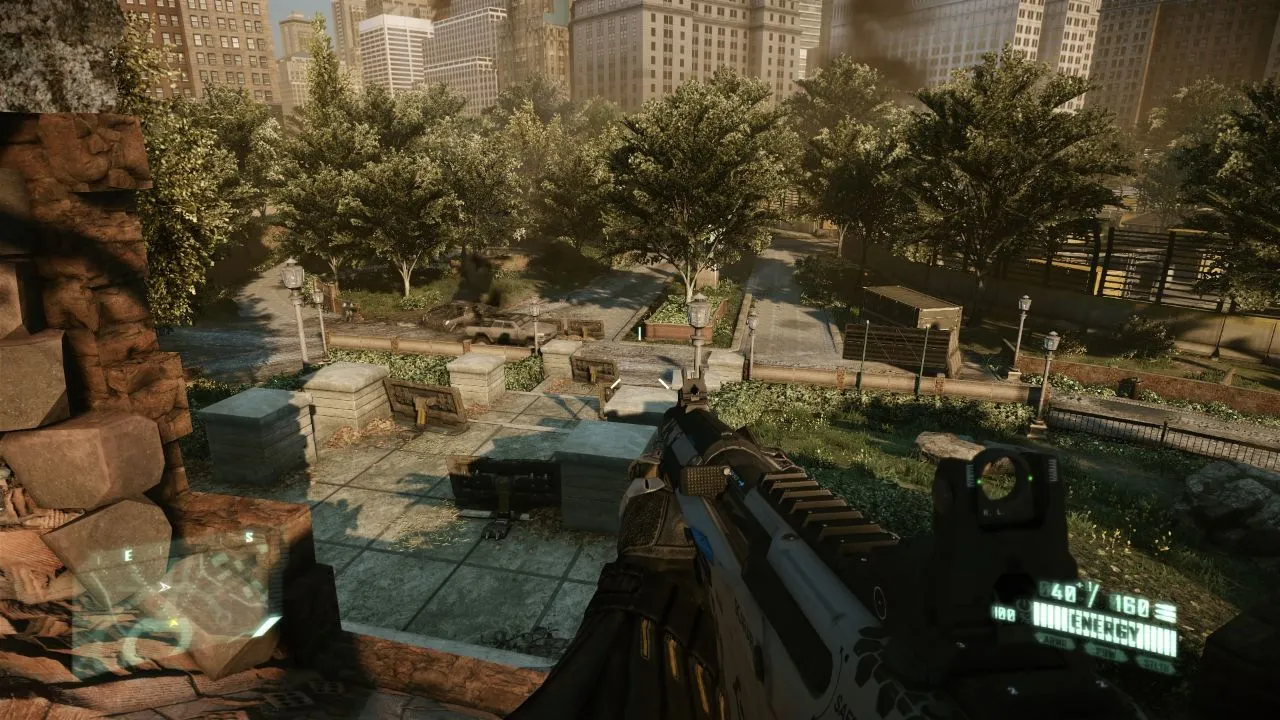

Comments (0)